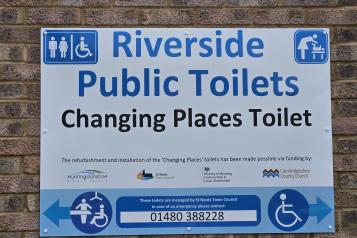Local health and care commissioners face extreme financial pressures

Cambridgeshire and Peterborough Clinical Commissioning Group (CCG) are expecting a financial deficit of up to £48 million for 2017/18. This is more than three times the £15.5 million deficit previously agreed with NHS England.
The CCG are one of the largest in the UK and are responsible for planning and paying for most health care services locally. Although this £48 million sounds a lot, and it is, it represents just 4% of the overall budget for local health services.
The CCG know that they need to tackle their financial problems and are talking to NHS England about how they can do this. The 2018/19 financial plan will be approved over the next weeks.
Val Moore, our Chair, was at the CCG’s Governing Body Meeting last night and told us:
‘The CCG Governing Body Members expressed relief that the deteriorating financial position for 2017/18 was ‘out’ now, having needed agreement from NHS England to publish this. The budget forecast position had been worsening for some months.
‘A very challenging recovery budget will be needed for the coming year, and even stronger joint working with all the hospital and community trusts in the patch. The cost of A&E and elective treatments at Addenbrooke’s, Hinchingbrooke and Peterborough City Hospital accounted for £16 million of the overspend.
‘Changes in drug pricing nationally have hit our CCG hard because of our population size and accounts for £6 million of the overspend.
‘At Healthwatch, we know that the local authority budgets are also under increasing pressure. We are very concerned with this difficult financial picture for the organisations involved in planning and providing care locally. Shared CCG and local authority budgets for reducing delays in transfers out of hospital are not meeting their targets and the CCG say they will soon be jointly reviewed to achieve better value for local people.
‘It’s vital that local health and care organisations are open and honest with people about what the budget challenges might mean for local services. Local people know where the gaps in care are and can be a huge asset to efforts to increase prevention and the use of self-care for many common health matters if they are informed and engaged.’

